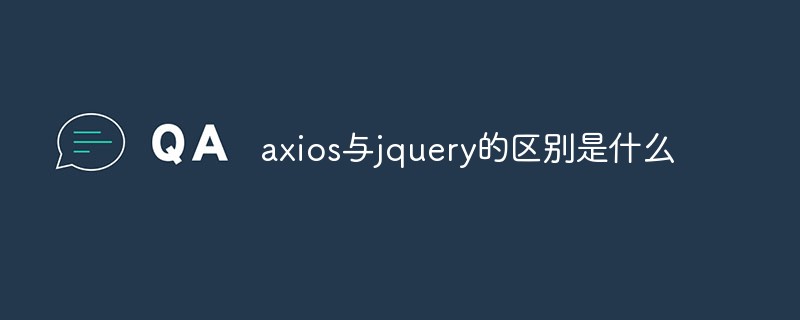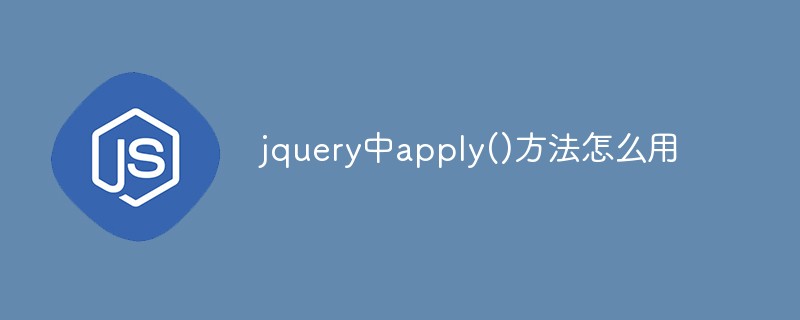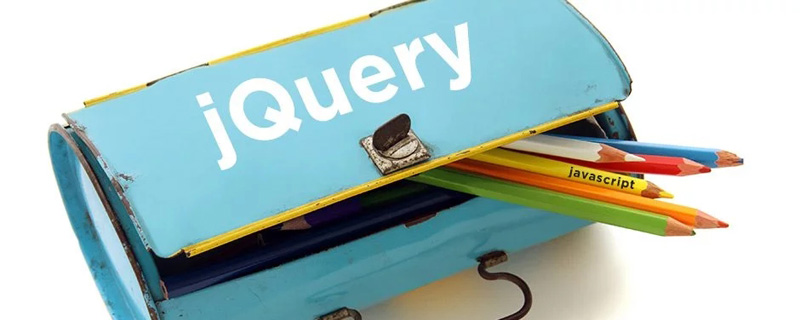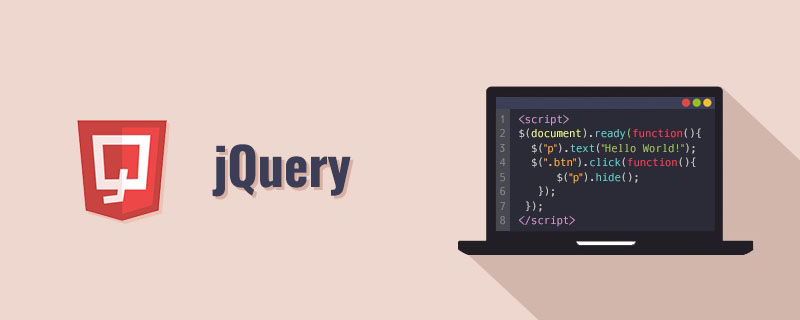
Title: How to use jQuery to bind click events to buttons?
In web development, adding interactive functionality to page elements is crucial. Among them, binding click events is a common operation, which can trigger specific functions after a button is clicked. In jQuery, binding click events to buttons is also a very simple and common operation. Next, we will use specific code examples to show how to use jQuery to bind click events to buttons.
First, we need to ensure that the jQuery library is introduced into the project. Add the following code to the HTML file:
<!DOCTYPE html> <html> <head> <title>jQuery点击事件示例</title> <script src="https://code.jquery.com/jquery-3.6.0.min.js"></script> </head> <body> <button id="myButton">点击我</button> <script> // jQuery代码将会写在这里 </script> </body> </html>
In this example, we introduced the jQuery library and added a button to the page with the id of the button "myButton".
Next, we need to write jQuery code in the script tag to bind the click event to the button. Suppose the function we want to implement is to output a message to the console after clicking the button. The code is as follows:
$(document).ready(function(){
$("#myButton").click(function(){
console.log("按钮被点击了!");
});
});In the above code, we use the $(document).ready() function to ensure that the jQuery code is executed after the page is loaded. Then the button with the id "myButton" is selected through $("#myButton"), and the click event is bound to the button using the click() function. In the callback function of the click event, console.log() is used to output a message to the console.
Now, when the user clicks the button, the console will output "The button was clicked!". This is a simple example of binding a click event to a button through jQuery.
In addition, we can also bind other types of events to buttons, such as mouse hover events, key press events, etc. By rationally using the jQuery event binding mechanism, we can add various interactive functions to page elements to improve user experience.
In summary, using jQuery to bind click events to buttons only requires a few lines of simple code, but it can achieve rich interactive effects. I hope the case examples in this article can help readers better understand and use jQuery event binding.
The above is the detailed content of How to bind click event to button using jQuery?. For more information, please follow other related articles on the PHP Chinese website!
 jquery实现多少秒后隐藏图片Apr 20, 2022 pm 05:33 PM
jquery实现多少秒后隐藏图片Apr 20, 2022 pm 05:33 PM实现方法:1、用“$("img").delay(毫秒数).fadeOut()”语句,delay()设置延迟秒数;2、用“setTimeout(function(){ $("img").hide(); },毫秒值);”语句,通过定时器来延迟。
 jquery怎么修改min-height样式Apr 20, 2022 pm 12:19 PM
jquery怎么修改min-height样式Apr 20, 2022 pm 12:19 PM修改方法:1、用css()设置新样式,语法“$(元素).css("min-height","新值")”;2、用attr(),通过设置style属性来添加新样式,语法“$(元素).attr("style","min-height:新值")”。
 axios与jquery的区别是什么Apr 20, 2022 pm 06:18 PM
axios与jquery的区别是什么Apr 20, 2022 pm 06:18 PM区别:1、axios是一个异步请求框架,用于封装底层的XMLHttpRequest,而jquery是一个JavaScript库,只是顺便封装了dom操作;2、axios是基于承诺对象的,可以用承诺对象中的方法,而jquery不基于承诺对象。
 jquery怎么在body中增加元素Apr 22, 2022 am 11:13 AM
jquery怎么在body中增加元素Apr 22, 2022 am 11:13 AM增加元素的方法:1、用append(),语法“$("body").append(新元素)”,可向body内部的末尾处增加元素;2、用prepend(),语法“$("body").prepend(新元素)”,可向body内部的开始处增加元素。
 jquery中apply()方法怎么用Apr 24, 2022 pm 05:35 PM
jquery中apply()方法怎么用Apr 24, 2022 pm 05:35 PM在jquery中,apply()方法用于改变this指向,使用另一个对象替换当前对象,是应用某一对象的一个方法,语法为“apply(thisobj,[argarray])”;参数argarray表示的是以数组的形式进行传递。
 jquery怎么删除div内所有子元素Apr 21, 2022 pm 07:08 PM
jquery怎么删除div内所有子元素Apr 21, 2022 pm 07:08 PM删除方法:1、用empty(),语法“$("div").empty();”,可删除所有子节点和内容;2、用children()和remove(),语法“$("div").children().remove();”,只删除子元素,不删除内容。
 jquery怎么去掉只读属性Apr 20, 2022 pm 07:55 PM
jquery怎么去掉只读属性Apr 20, 2022 pm 07:55 PM去掉方法:1、用“$(selector).removeAttr("readonly")”语句删除readonly属性;2、用“$(selector).attr("readonly",false)”将readonly属性的值设置为false。
 jquery on()有几个参数Apr 21, 2022 am 11:29 AM
jquery on()有几个参数Apr 21, 2022 am 11:29 AMon()方法有4个参数:1、第一个参数不可省略,规定要从被选元素添加的一个或多个事件或命名空间;2、第二个参数可省略,规定元素的事件处理程序;3、第三个参数可省略,规定传递到函数的额外数据;4、第四个参数可省略,规定当事件发生时运行的函数。


Hot AI Tools

Undresser.AI Undress
AI-powered app for creating realistic nude photos

AI Clothes Remover
Online AI tool for removing clothes from photos.

Undress AI Tool
Undress images for free

Clothoff.io
AI clothes remover

AI Hentai Generator
Generate AI Hentai for free.

Hot Article

Hot Tools

SublimeText3 Mac version
God-level code editing software (SublimeText3)

SublimeText3 Linux new version
SublimeText3 Linux latest version

SecLists
SecLists is the ultimate security tester's companion. It is a collection of various types of lists that are frequently used during security assessments, all in one place. SecLists helps make security testing more efficient and productive by conveniently providing all the lists a security tester might need. List types include usernames, passwords, URLs, fuzzing payloads, sensitive data patterns, web shells, and more. The tester can simply pull this repository onto a new test machine and he will have access to every type of list he needs.

WebStorm Mac version
Useful JavaScript development tools

SublimeText3 English version
Recommended: Win version, supports code prompts!






